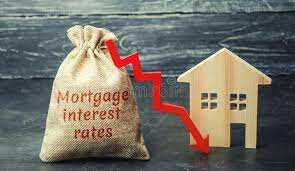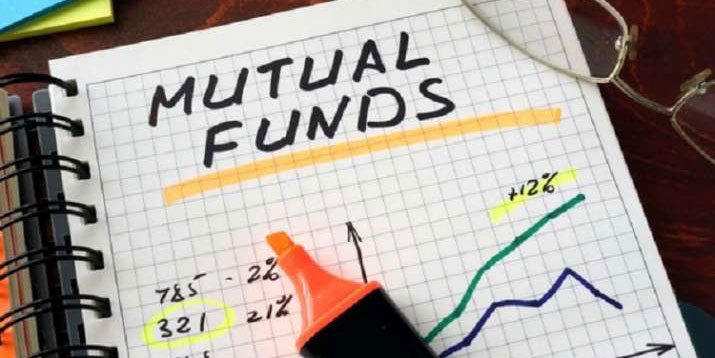Introduction
Mortgages are now the standard method of financing for real estate transactions. Mortgages are legal agreements between a lender and a borrower that stipulate the borrower will make regular payments to the lender until the loan is repaid or the borrower refinances the Mortgage. Each mortgage payment includes principal and interest. Each type of home-secured loan carries its interest rate: mortgages, home equity loans, and home equity lines of credit (HELOCs). Mortgage payments are calculated by multiplying the interest rate by the loan's principal balance each month. Money owed to a lender beyond the principal loan amount. Principal and interest are the two main components of a mortgage payment. Interest is the lender's "price" to conveniently loan you money toward your home purchase.

How Does A Mortgage Work?
Typically, mortgage interest is calculated as a percentage of the loan's principal. Mortgages can be obtained with either a fixed interest rate, an ARM, or an adjustable interest rate mortgage. Please continue reading below to learn more about the specifics of these rates. Both the principal and the interest are included in the monthly mortgage payment. Most initial payments a homeowner makes toward their mortgage loan go toward interest rather than paying down the principal balance. More of your monthly payment goes toward the principal balance of your loan as the loan term advances. Interest payments on a mortgage add up over time. Interest will be charged on the original principal and any interest that has accrued but has not been repaid. Late mortgage payments will incur compound interest charges. This is the inverse of what occurs with a loan that only charges interest.
What Does It Mean For The Market?
Although mortgage rates do not directly affect home prices, they have a large indirect effect due to their impact on the number of homes available for sale. Homeowners are less likely to put their homes on the Market, and potential buyers are discouraged by rising mortgage rates. This hesitation drives down the supply of houses on the Market, which drives up the demand and consequently the price. Sellers are likelier to put their homes on the Market when interest rates are low. So, there will be more available. When interest rates go up, the Market tilts in favour of buyers, giving them more choices and strengthening their negotiating position. The already low demand for homes on the Market could drop further if interest rates stay high for an extended period. That would cause general price drops as merchants compete for customers.
How To Get A Good Mortgage Interest Rate
Mortgage rates are not uniform across the board, so it's your best interest to look around for the best possible deal. All banks must pay for operational costs that are incurred in the course of lending money. A different pricing structure is required to ensure profitability in light of such factors. The rate you are offered is also heavily influenced by your financial situation. In determining whether or not to grant credit, financial institutions consider several criteria, including the applicant's income and employment history, current debt load, financial resources, and amount of available credit, as well as the applicant's credit history, repayment history, and any collections, bankruptcies, or other monetary events. Think about the amount you can put down, where the property is, how long you can afford to pay off the loan, how much interest you'll pay, and how much money you'll need. The higher the interest rate you pay, the more money you borrow and the riskier it is to lend to you.
Do I Need To Pay A High Mortgage Interest Rate?
Discount points are a currency used to negotiate a lower interest rate. These are interest charges that have been paid ahead of time. If you pay an origination fee of one point, the interest rate on your loan will be reduced by one percentage point annually for the duration of the loan. Your lender and the current market conditions will determine how much of a reduction in your initial interest rate you can expect to receive. Getting your interest rate lowered in this way is also referred to as "buying down" your rate. Consider how long it will take to reach even with your earned points before making a decision. Do you think you'll be here long enough to recoup your investment? A higher percentage of your total stay cost will be discounted if you pay the discount point fee. The interest rate attached to a mortgage is another point of negotiation. Requesting a better rate from the lender carries no consequences. Throughout the loan, you could end up saving a lot of money.

Conclusion:
Changes in mortgage rates mean that the definition of a good deal is always shifting. You can shop around for mortgage rates online, but comparing tailored quotes is important. If you want to know what kind of interest rates you might get based on your credit history and current financial situation, it's a good idea to get at least three different quotes. If possible, try to get quotes from multiple lenders on the same day by providing them with the same information.




